It’s been all over the news. Press release after press release detailing a startling repetition of a common recurrence: a student being arrested at Buddy Taylor Middle School for Written Threats to Kill. Seven times in the 2021-22 school year this sort of thing has happened at BTMS alone, making it a disproportionately likely place to have such an incident compared to Indian Trails Middle School or any other of Flagler County’s public schools.
As the news stories pour in, everyone seems to have an opinion on what’s going on. The students, their parents, the School Resource Deputies (SRDs), the school district, and even the teachers have shouldered blame from one concerned commenter or another. People have even floated the idea of bringing in Sheriff Rick Staly to talk to students directly.
When I reached out to Flagler County Sheriff’s Office’s Public Affairs Officer Melissa Morreale, she was in agreement: there was a problem with how the community is perceiving these recent trends. So in order to bring awareness to what’s going on, Melissa arranged an interview with myself and BTMS’s SRD, Jason Williams.
In walking to Jason’s office, BTMS was a lot like how I remembered it from 2010 to 2012, when I attended as a student. Chaotic hallways between classes, with students talking and yelling about any number of things. The only comparable experience is walking through downtown Manhattan at rush hour. Not hard to see how the high stresses inherent to student life might have some BTMS students…on edge.
This is what SRD Jason Williams has to say about his job within Buddy Taylor, and what exactly is going on with all these arrests.
Chris Gollon: There’ve been seven students arrested at BTMS under the charge of written threats to kill this school year. Why is it that Buddy Taylor has been a hotspot for these sorts of incidents relative to other schools in the district?
Jason Williams: “I can’t answer that. But I think it’s just the age. These kids are between 13 and 14 years old, and when you look at their maturity level, they tend to act first and expect that everybody else is gonna be adults to understand that they’re kids. More often than not, their response when they do stuff – besides making threats to harm anyone – when they do stuff they immediately either say ‘I didn’t know’, or ‘I was just joking’ or things along that line. I think here at BTMS, it’s just like a trend to be the meanest whenever you’re arguing with someone. Like, who can have the nastiest comment toward another individual. It seems like they get off on doing that and they don’t think about the consequences of it.
“So instead of the traditional arguing where [it’s] ‘I hate you’, ‘I’m gonna fight you’, they extend that and go to the extreme. And when they say the words like, ‘I’m gonna kill you’ or ‘I’m gonna shoot you’, they’re not thinking clearly. Because I can tell when they come into my office that they really didn’t understand what they did. They just wanted to be the toughest and the baddest at that point in time. But they don’t see the back end of that where everything trickles down after that. The thought of somebody being shot or the thought of somebody being killed…the kid that makes that initial comment or sends that initial message is not really thinking about that. They just wanna be that kid that sends that message at that time.”
What sorts of measures do you have in place and does the school have in place to prevent kids having to be brought in here and being arrested?
“So one of the primary reasons that we’re here…of course we’re here for law enforcement but we’re here for community engagement. I don’t wanna see kids coming into my office unless it’s for something good. The primary reason that we’re inside of these buildings is, I mean we can’t take off our uniform and put on beach clothes of course, but kids need to understand that we’re here not only to protect them but we’re here to interact with them on a good note.
“So you have to be proactive in the way you do stuff. So as far as the threats, the school is very proactive, very quickly we just decided, ‘what do we need to do, how do we need to get our point across?’ Because you’re talking about immature 13 and 14 year-olds. And when you talk to these kids you have to be careful because if you talk in a long narrative, you’re gonna lose them in the first four or five minutes of the conversation. So we put together a presentation. It was quick, we just wanted to focus on what would happen if you made a threat to kill, you sent somebody a message on social media and stuff like that.
“They’re trying to find their identity, and most of their identity is not really talking to authority figures.”
“And we stuck pretty much to the point of the statute, we did close to 1,000 kids in one week, and we didn’t wanna talk about anything else. We didn’t wanna talk about code red drills, we didn’t wanna talk about fire drills, we didn’t wanna talk about all the stuff that we normally take them through in training to keep them safe in a school environment. We wanted to just focus on, this is what’s happening, and you guys need to know that this is gonna happen as a result of what you say or do. Just focusing on that statute, what happens when I get involved, taking it away from school discipline, that was the primary reason of the presentation that we did. For the better much of the whole situation, I think it made a decent impact on the school population because kids stopped there and had questions that now you gotta understand as adults, these kids just didn’t care about the statute or making threats or anything.
“So kids had a lot of questions, which is good. You know, ‘what if I say this?’ or ‘what if I do that?’. I don’t mind those types of questions. Because I’m educating you on, if you do do it or say it, this is what’s gonna happen. So overall it was a very good idea, and a very good presentation, because had we not done it, these kids are in a frame of mind that they’re all about their phones. They’re not gonna come to an adult and ask them a question about, ‘hey, this is going on’. You kinda gotta nudge them into that direction. Because they’re trying to find their identity, and most of their identity is not really talking to authority figures. Their identity that they’re discovering right now before they get to high school is to try to be as adult as they can, even though they’re not, and that leaves out the adult figure in their life including law enforcement.
“So had we not done it they were not gonna come and ask you questions, and they were not gonna come and give you concerns about stuff that’s going on on campus. So we just had to be proactive in doing that, and I think it worked for the better part. We’ll just go from there and see how it goes the rest of the school year.”
You touched on it a little bit earlier, but how much of when something like this happens is an issue that originates with the students, versus the parents, or any other outside influences?
“I think from the school and the deputy standpoint, if we do out part we can only hope that parents at least ask their kids what’s going on at school. Kinda get more involved. I know kids are coming home with the gossip of ‘hey, such and such did this’, or ‘hey such and such made a threat to do this’, but it’s almost kinda hard for communication to go across because mom and dad get up and they go to work every day, they work hard. They expect their child to go to school, do their work, behave, but what they can’t account for is all the other stuff that kid is doing. Trying to find themselves, and being around their friends.
“The problem is a lot of these parents don’t know what their kid is getting into on social media until it’s too late.”
“So I think if we kinda do like a repetition design, where we just keep repeating, repeating the stuff that you should be doing, repeating the stuff that could go wrong if you do this, we’re not gonna reach every last one of them, but if we continue to do things such as the presentation, just like we’re gonna do something before Thanksgiving break. We’re gonna do another presentation before Thanksgiving break, because we want them to know that over the break you’re still kids. We don’t want incidents during the break but we’ve also got a plan for when they come back from the break, to see where they are and address the situation again. So the threats on this campus, that’s our main focus. We wanna reduce that as much as we can. And I think the one way to do it is, we gotta just keep talking about it. We can’t talk about it once or twice, we gotta figure out a way to talk about it in a way that they understand, and put it in their memory enough that we can get through a school day without this happening, and allowing them to still be teenagers.”
What can the parents do at home to help mitigate these sorts of things before they happen?
“I think the parents just need to, just like I told the kids, be in their kids’ business. I told them during our presentation, that we try not to be in your business too much, but we have to. I spoke to a kid who has a smartphone, and it was a general conversation, wasn’t anything bad, and I asked, ‘do you show your parents your phone?’ He said, ‘since I have my phone, nobody goes in my phone’. But I think the parents need to be a little bit more intrusive, pay attention to what their kids are doing on their phones, what their kids are doing on social media, I know they’re busy but if you take just a little bit of time, and try to just keep up with what’s going on with your kid, the problem is a lot of these parents don’t know what their kid is getting into on social media until it’s too late.
“And we can’t control what they do outside of the school day when they go home, and that’s where we get the most activity. Not from when they’re in school. It does happen, but once they leave this school and they go home and it goes from the afternoon to the evening to the night, we’re dealing with it the next day at the school. And when we speak to the parents, they don’t even know that their kid was going back and forth on social media or they would’ve stopped it. They didn’t know that their kid was having an argument about something that happened at school, that they’re texting somebody at home, ‘this is what’s going to happen’. I just think they probably should just invest a little bit more time, just for their child’s safety. Be a little bit more aware of what’s going on, and we wouldn’t get to the point that we have been at, dealing with these situations.”
On the other end of it, what would you say to a parent who’s worried seeing the stories, if their kid goes to one of our schools it’s kind of scaring them a little bit?
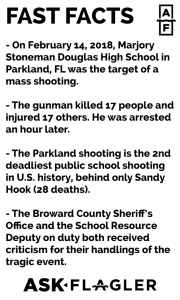 “I think we all get up every day, and our main goal is to protect the school, protect the staff, protect the students. I don’t think a parent should be worried about sending their kids to our school, because we drive it home so hard about protecting the school and being safe since Parkland happened. So I would just tell them to trust in us, that we’re gonna do the best that we can to make sure their kid is in a safe school environment. But at the same time, we’re gonna act and treat these incidents like they’re serious so we can continue to have a safe school.”
“I think we all get up every day, and our main goal is to protect the school, protect the staff, protect the students. I don’t think a parent should be worried about sending their kids to our school, because we drive it home so hard about protecting the school and being safe since Parkland happened. So I would just tell them to trust in us, that we’re gonna do the best that we can to make sure their kid is in a safe school environment. But at the same time, we’re gonna act and treat these incidents like they’re serious so we can continue to have a safe school.”
Speaking in broad strokes, what does the day-to-day job of a school resource deputy look like?
“Depending on the school it can be very fast-paced, but when you walk into the doors one of the first things you’re doing is assessing a school. When you come in every day you should make sure that everything is safe prior to the kids’ arrival. As the kids are arriving, you’re out showing your physical presence to let them know that law enforcement is on campus. You’re walking around, you’re interacting with kids and the staff, you’re basically five days a week building a trust environment. To the point that they’re gonna get used to knowing the deputy is there regardless of what’s going on. The more you interact with the staff and students, the safer they’re going to feel and the more they’re gonna trust you.
“So you’re really just, you have to be engaged and take stock in your school and your campus, know your campus. Because if something happens and you don’t move around your campus enough, you’re not gonna know that particular area or you’re not gonna know that student or that staff, to where you can react as quick as you can to de-escalate the situation.”
That’s all I have for written questions, so is there anything else you wanna get out for the readers of the website?
“Not other than see something, say something! We talk to these kids about this stuff every day. Every day it’s a conversation in here about that, I just think…I didn’t grow up like this. We gotta adapt to what we’re dealing with. So we can’t give up on the kids, we gotta just savvy with how we’re gonna get them to focus, and stop doing immature stuff. And most of this stuff is immature. There are these kids…do they have the capability? We don’t know that. But we act on the possibility that they do. But a majority of these situations are kids just trying to be something that they’re not. And on the back end of that you have all the resources that we use to do the paperwork and make our arrests, and investigations. There’s a lot that goes into it. I’d rather not be doing it, but it’s tough that once you get started, you can’t stop. You’ve gotta go through a process.
AskFlagler thanks School Resource Deputy Jason Williams for the interview, and Public Affairs Officer Melissa Morreale for helping coordinate. The Flagler County Sheriff’s Office sends the following message to Flagler residents:
“See something, say something. Report suspicious activity to the FCSO by calling (386) 313-4911.”
Chris Gollon is a Flagler County resident since 2004, as well as a staple of the local independent music scene and avid observer of Central Florida politics, arts, and recreation.


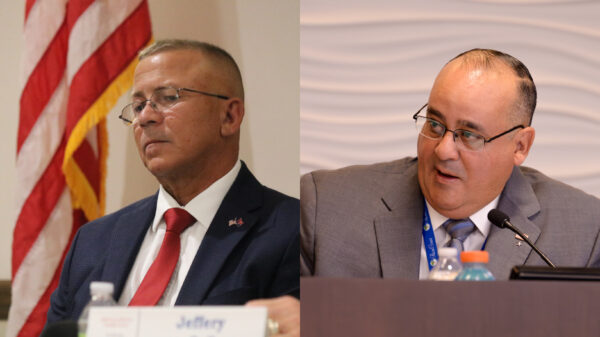


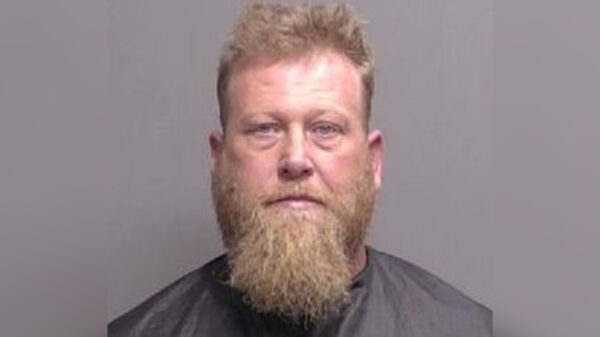

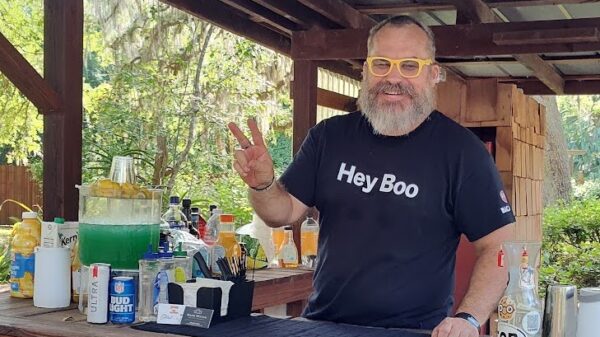
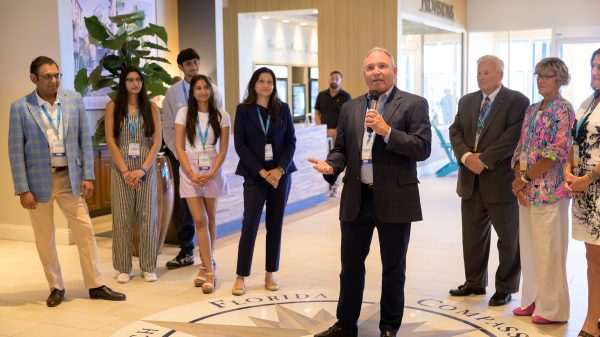
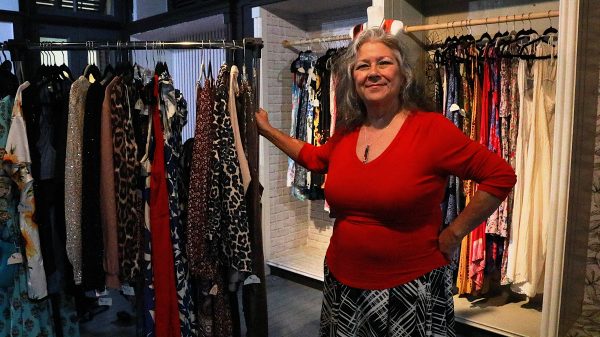

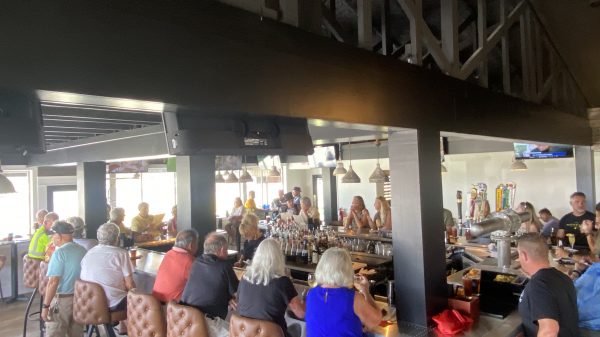
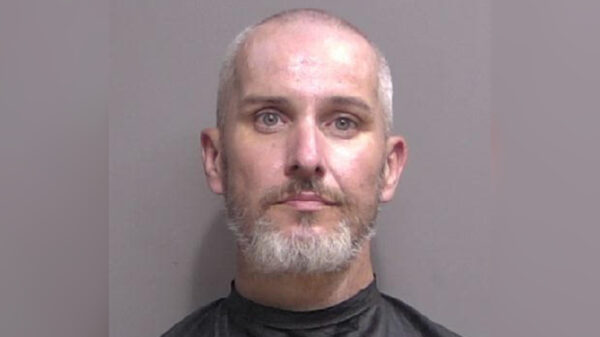
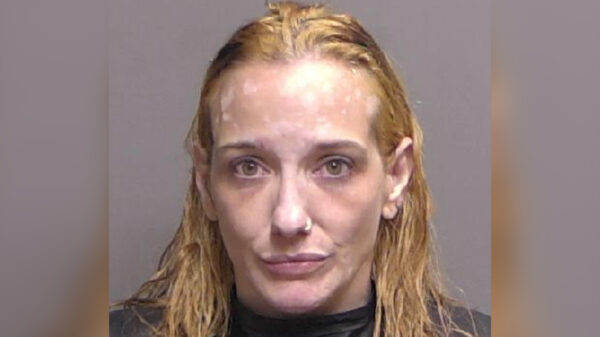
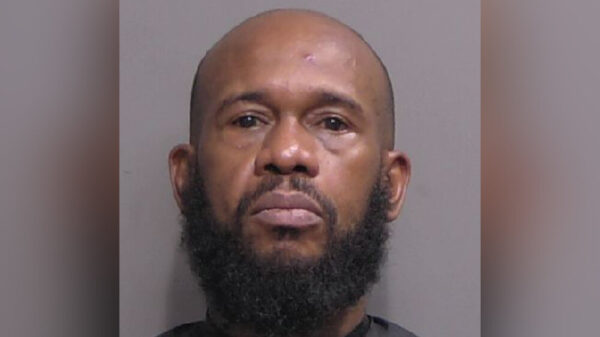
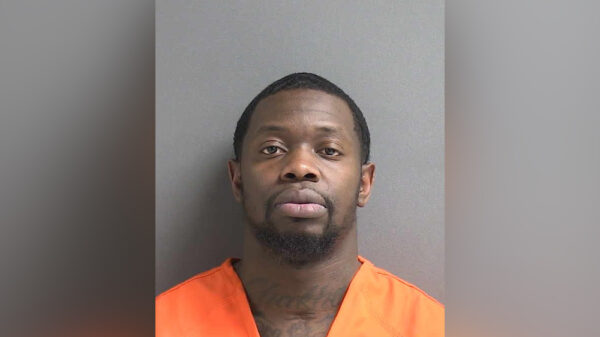
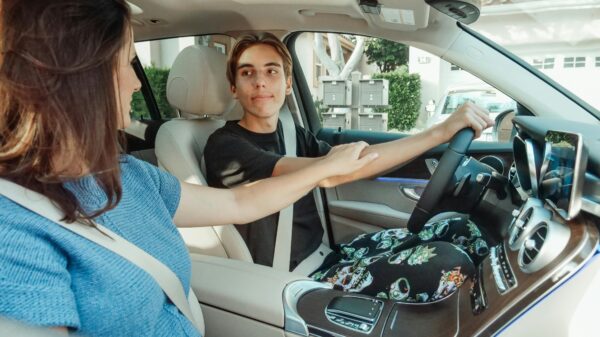
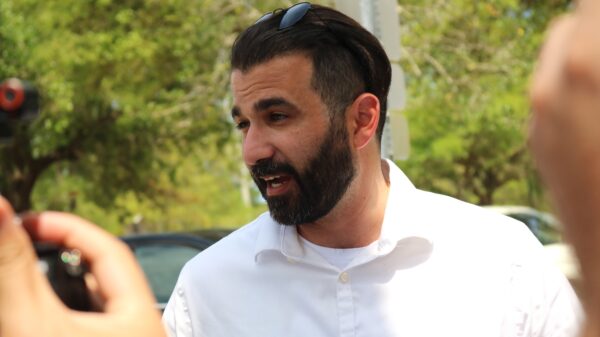
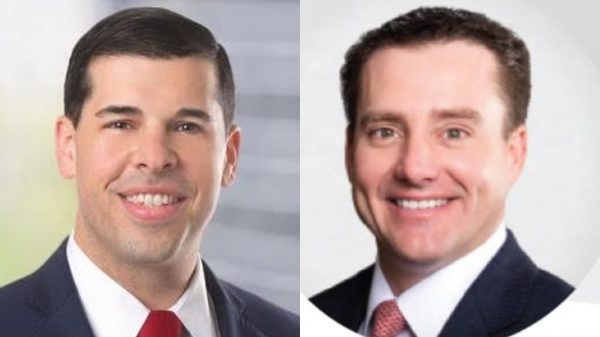













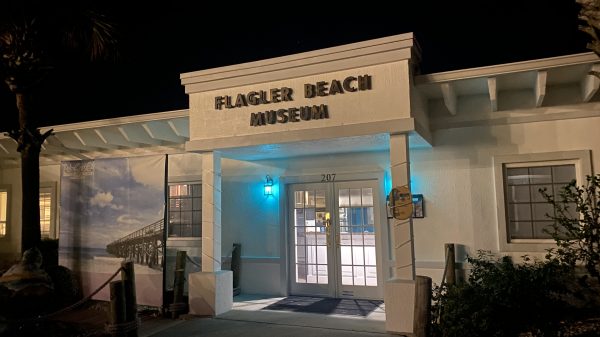
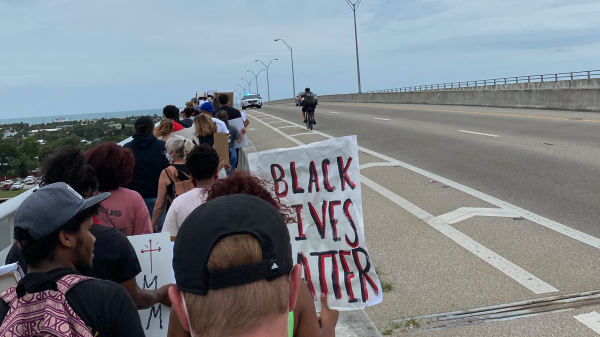
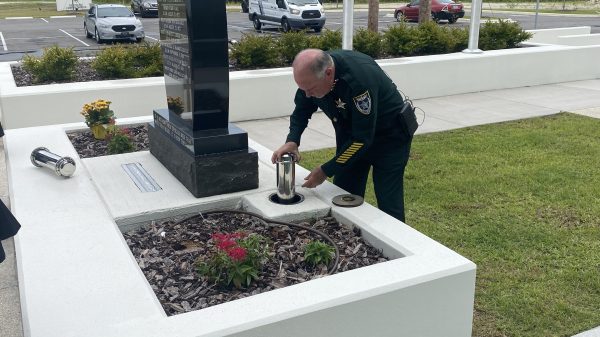
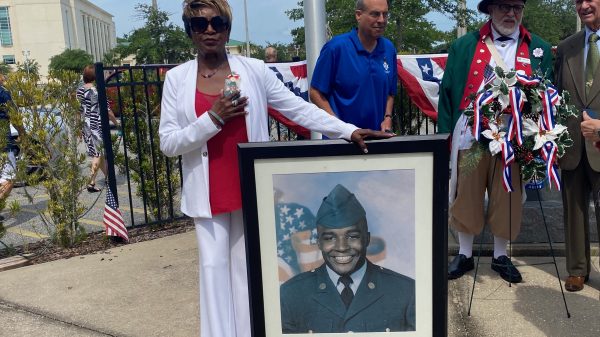
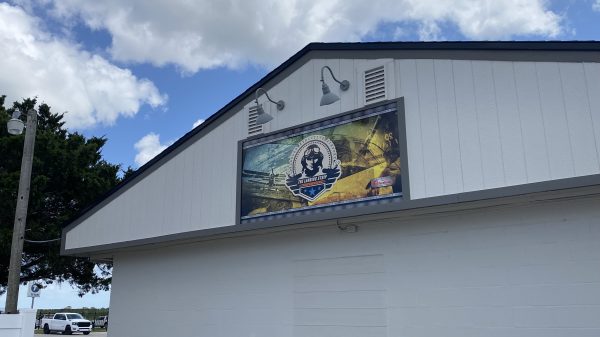


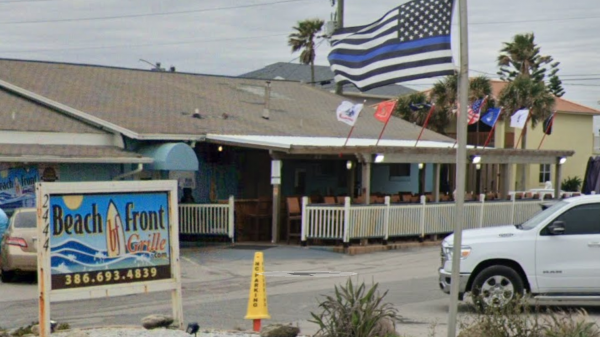
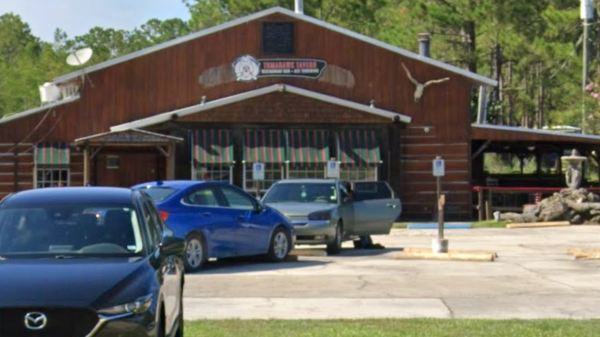
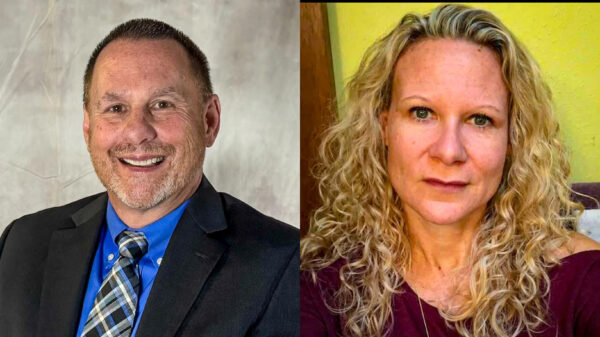
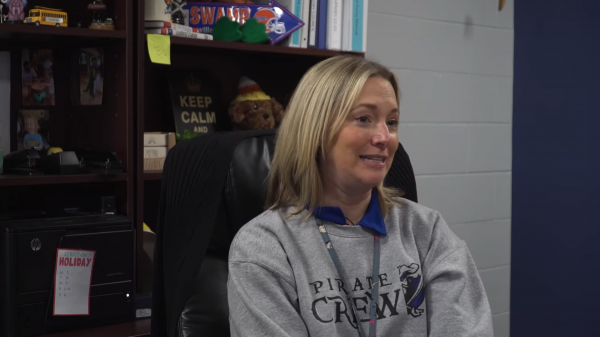
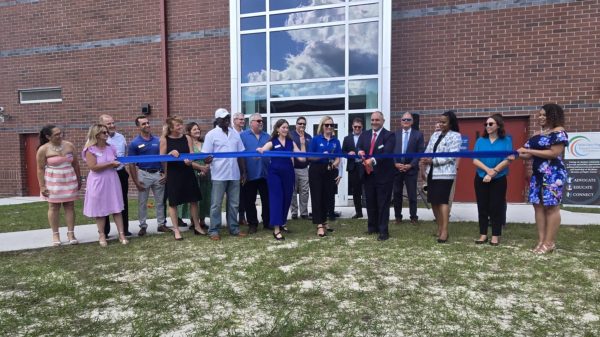
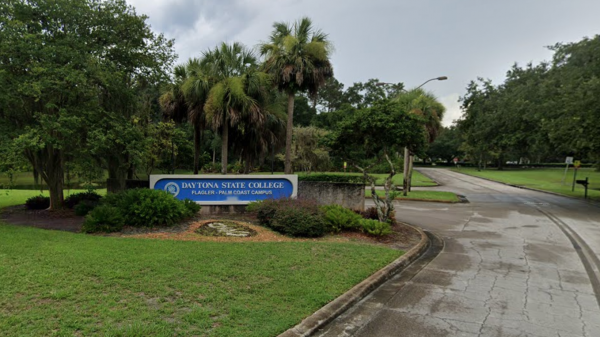






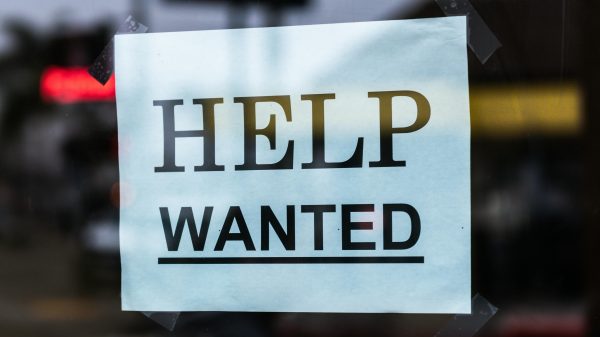
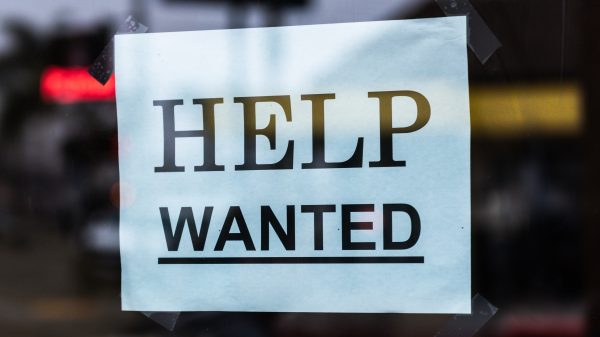
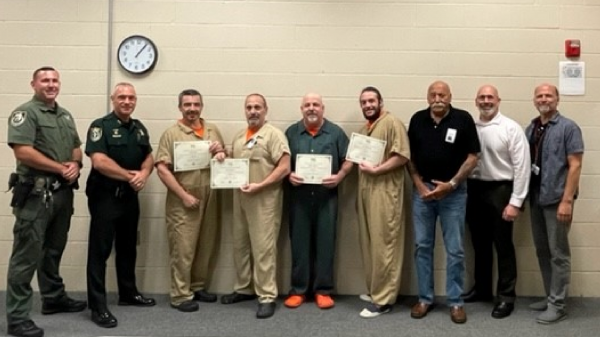
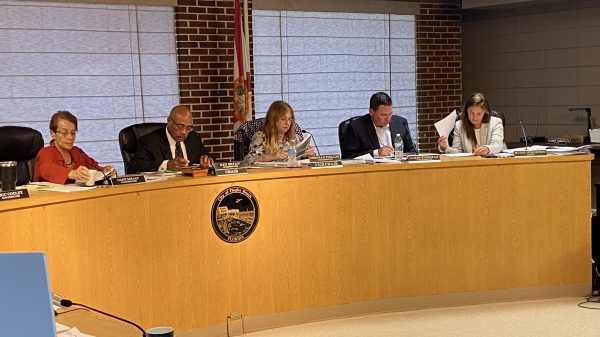

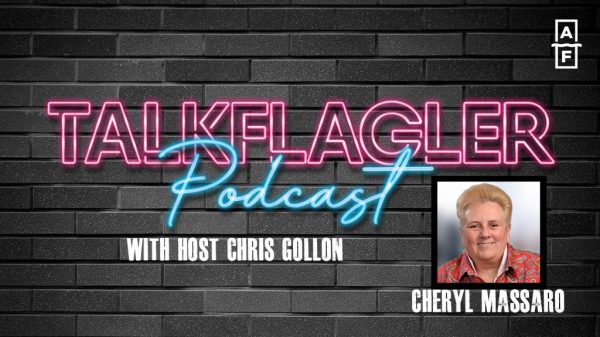
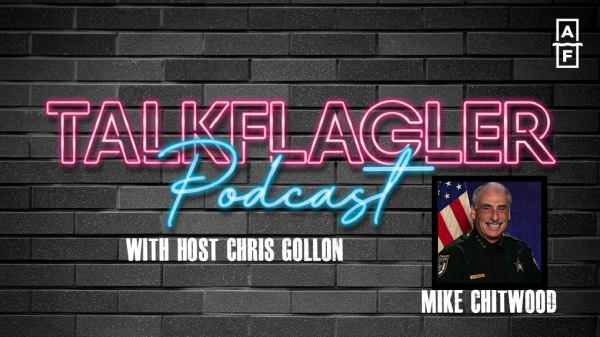


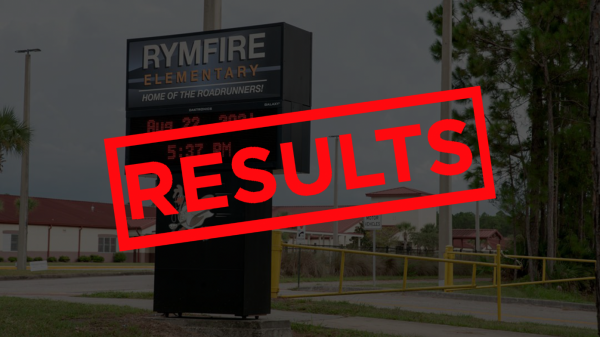
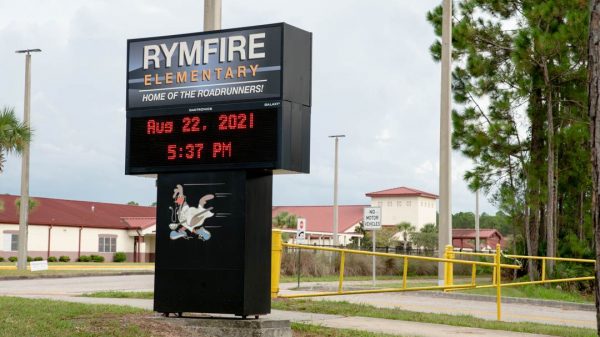
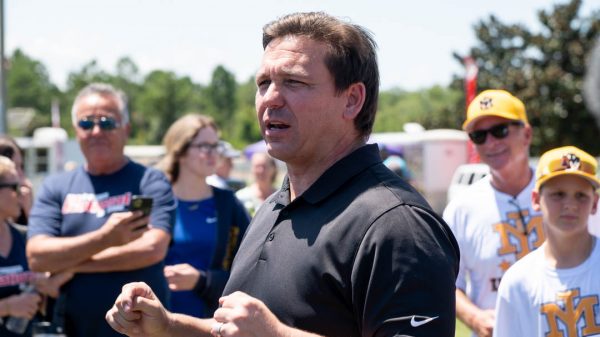
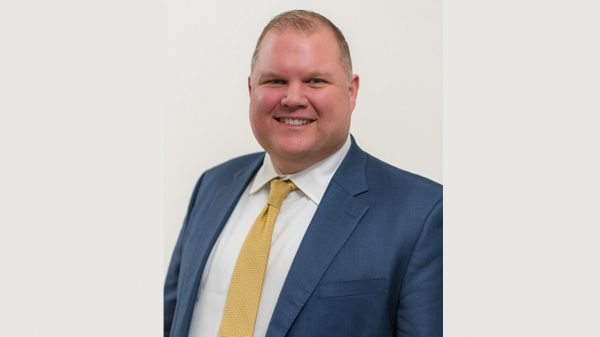


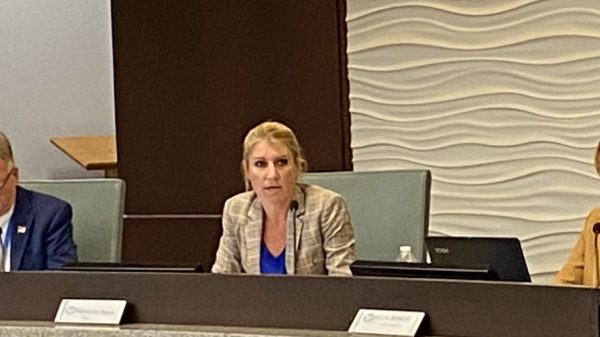


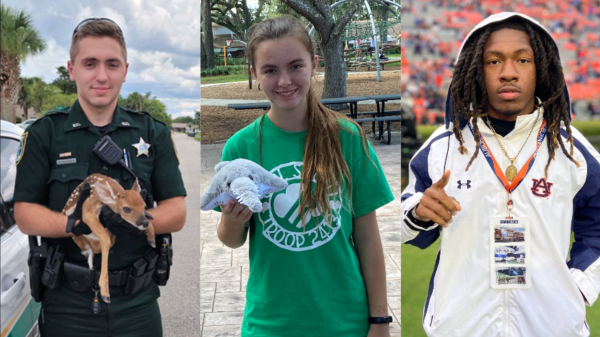











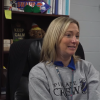



Brian Hansen
November 12, 2021 at 9:12 pm
Thank you for doing such a great interview